
Redefining B2B Marketing with Empathy and Intelligence
Global Marketing Leader & Strategist | Fractional CMO | Advisor


Redefining B2B Marketing with Empathy and Intelligence
Global Marketing Leader & Strategist | Fractional CMO | Advisor
Matrix Ingredients
What happens when a marketing leader decides that “good enough” is never enough and that technology is only as powerful as the human insights behind it?
You get rare innovators like Neethu Paul, who turns technology into tangible value. With a career spanning over 2 decades with leading global tech brands like ServiceNow, Epicor, Autodesk, and Microsoft, Neethu doesn’t just talk about transformation but delivers it. In one of her most successful campaigns, she scrapped the usual funnel, inviting customers to diagnose their digital maturity and guiding them with tailored content. The payoff wasn’t just in pipeline numbers, but in feedback from customers who finally felt seen and from sales teams now having richer, more strategic conversations.
Neethu believes the future of B2B marketing isn’t about shouting louder but listening deeper. She sits with data scientists, tests AI tools firsthand, and treats every piece of feedback as an opportunity to improve. Her leadership is defined by empathy, adaptability, and a refusal to follow outdated rules.
In this exclusive CEO Outlook Global feature, Neethu Paul reveals how she is reshaping the future of B2B marketing, why empathy is her most valuable tool, and how she inspires a new generation of women to lead with vision and heart.
What excites me most is how B2B is evolving — from transactions to relationships. The line between B2B and B2C is blurring, with empathy, personalization, and storytelling finally becoming central to the enterprise customer journey.
In the next three years, AI will drive predictive, emotionally intelligent experiences across every touchpoint. I am not just observing this shift, but I am building with it: partnering with data teams, testing generative AI, and exploring how platforms like intent data and immersive tech can reshape engagement. I keep one principle close: listen deeply, lead humanely.
In today’s landscape, 360-degree marketing goes far beyond being present on every channel. It is about crafting an experience where each interaction, whether an ad, a conversation, or a follow-up, feels intentional, connected, and consistent. It starts with a deep understanding of the entire ecosystem: the customer’s context, evolving market signals, and the realities faced by both sales and internal teams. What truly makes the difference is alignment. When marketing partners with product, sales, and customer success, every touchpoint contributes to a unified journey. This kind of orchestration strengthens credibility and trust, transforming marketing into a driving force for genuine connection.
This past year, AI stopped being just a buzzword and became a lens for reimagining how we do marketing. Instead of chasing every new tool, we focused on where AI could truly make a difference, like using content generation for campaign ideas or uncovering audience insights that used to take weeks. These shifts enable us to move faster, test more, and unleash our creativity.
AI has also changed how I lead my team. I’ve encouraged everyone to become AI-fluent — not as data scientists, but as curious, critical thinkers who know when to automate and when to lean in with the human touch. It’s not about overhauling everything overnight, but about evolving with purpose, grounded in strategy and bold enough to keep learning as we go.
Marketing is most powerful when it listens first. That lesson came alive for me during a digital transformation campaign where we flipped the script — meeting customers exactly where they were, not where we guessed they’d be. We let them self-assess their stage with a simple diagnostic and then shaped our content and outreach to fit their unique needs. The result was more than just a lift in the pipeline — customers said they felt truly understood, and sales had deeper conversations than ever before. For me, it reinforced that marketing at its best starts with listening and creating value before anything else.
I believe the best way to keep up with marketing’s rapid changes is to stay genuinely curious. I combine trusted sources, such as Harvard Business Review, Forrester, and Gartner, with real conversations — listening to customers, joining sales calls, and exchanging notes with peers in different industries. Some of the most valuable insights come from these frontline experiences, long before they appear in reports. I also get hands-on experience with new AI tools, since you can’t shape what’s next without exploring it yourself. Ultimately, what keeps this work exciting is staying open, humble, and always willing to learn.
If I could bottle one lesson for future women leaders, it would be this: Strength isn’t just about breaking barriers, it’s about flowing with change and lifting others as you rise. Early in my career, I learned that resilience and adaptability — not just survival — are what keep you moving forward in a fast-evolving world. But real leadership goes beyond personal wins; it’s about opening doors and showing the next generation that you don’t have to choose between your ambitions and your family. I hope to leave a legacy where women lead with courage, create space for others, and inspire belief in what’s truly possible.
Website: http://www.neethupaul.com/
Linkedin: https://www.linkedin.com/in/neethupaul/
Never miss any important news. Subscribe to our newsletter.
Copyright 2025 CEO Outlook Global. All rights reserved.